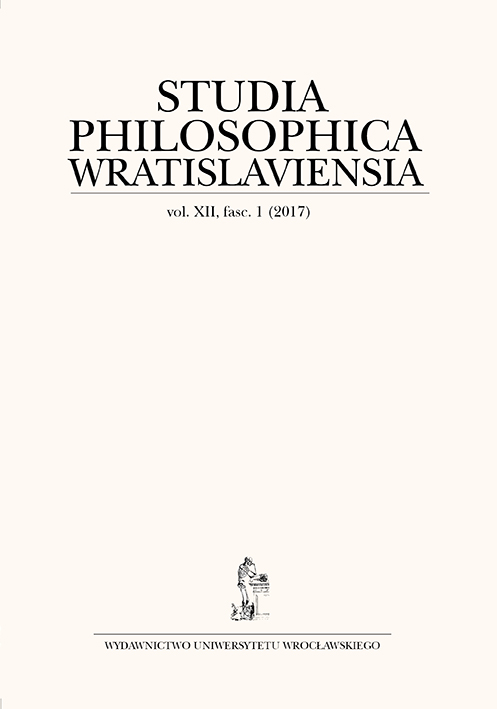

ARTYKUŁY

A Task to think: Heidegger’s strategies in the context of the end of philosophy
In the present paper I try to rethink Heidegger’s statement concerning the end of philosophy. Martin Heidegger identifies philosophy with metaphysics. Metaphysics has been developing historically as diverse modes of the presentation of being. Heidegger claims that this development is going to end in the figure of techno-science domination. In his specific vocabulary end does not mean the mainstream concept which refers to the extinction of self-ruling thought in general or the happy celebration of new beginning. End means exhaustion of foregoing modes of thinking as historically grasped metaphysics which cannot be exceeded. Heidegger perceives this exhaustion through the prism of the question of Being. I will argue that the question of Being is determined by the dialogue which Heidegger perpetually conducts with F. Nietzsche and G.W.F. Hegel. Thus the end of philosophy has only two faces. First, Nietzsche as a poet who contests the whole metaphysical tradition. Second, Hegel who appears as the perfect scholar who reconciles history of philosophy and philosophy of history. Overcoming and accomplishment of metaphysics focuses on the question of Being as a paradoxical situation that simultaneously constitutes priority of difference over unity F. Nietzsche and priority of unity over difference G.W.F. Hegel. This undecidability corresponds with the ambivalence condition of modernity. Modernity that desires to differ from its own past and simultaneously maintains continuity with it. I am going to show that the question of Being is not opening an intra-historical perspective but it only reflects the contemporary contradiction which Heidegger unconsciously subordinates.